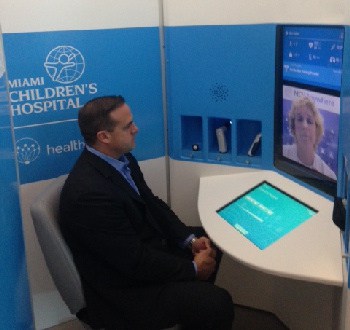Is Your Air Conditioner Killing You? Here’s What The Experts Say

In most parts of the developed world, air conditioning is a convenience many people cannot live without. There are many reasons to own an AC, but survival is the most important one, especially during summer and winter.
On the other hand, the AC which you bought to keep you alive could be killing you. Experts started researching the adverse effects of air conditioning in the 1970s and 1980s when people started showing related disease symptoms in buildings. The AC was a contributing factor then and could also be harming your home now.
The following are ways in which your AC may be killing you:
Dehydration
The importance of staying hydrated and drinking enough water is well known. Unfortunately, your air conditioner could be making you dehydrated and putting you at risk of more severe health complications.
Most air conditioners will suck the moisture out of a room to cool it, which means you will breathe colder and drier air. If you do not offset the effect of the air conditioner by drinking more water, you will regularly be dehydrated even when drinking enough water.
You can use an air humidifier to offset this, but regular AC maintenance is the best way to ensure the AC does not extract vital moisture from the air and increase the chances of dehydration.
Allergy Activation
Many people suffer from allergies, with air-borne being the most common. Air conditioners can lead to allergy activation, which leads to issues like nasal problems. Air conditioning will enhance their dispersal if your house is dirty and infected with harmful pollutants and allergens like mold and pollen.
Dust mites are another common cause of allergic reactions. They can inhibit the AC unit and spread all over the house, leading to various illnesses, especially colds. Therefore, if you notice symptoms like constant sneezing, runny noses, and itchy eyes, it may be that your AC is causing allergic reactions in your home, and you should address it immediately.
Respiratory Issues
Your AC determines the air quality inside your home in collaboration with your ventilation type. If your AC is in a dirty area, for example, near shrubs and dirt, it will blow increasingly dirty air into your property, leading to illness.
The AC’s air filter traps contaminants allowing only clean air to pass through and enter your home. However, if the air filter is too dirty, some contaminants will pass through and enter your home, leading to devastating issues like respiratory diseases.
Many recommend ARS.com for air conditioning to improve indoor air quality in case your AC is damaged. Regularly replacing your AC’s air filters will also help and is an easy job any homeowner can do.
Heat Exhaustion
Most of the health problems an AC can cause are due to cold air. However, the AC produces and blows hot air into your home as well during the winter. Heat exhaustion is a prevalent issue whose primary causes are hot weather and high humidity. Heat exhaustion can lead to dehydration, low blood pressure, headaches, and heart disorders in the worst-case scenarios.
Therefore, if you are regularly experiencing hot temperatures at home, it could be your AC. You should call a professional AC repair company and have them fix it immediately. Also, look out for symptoms like excess sweating, nausea, and vomiting, which could signify heat exhaustion. You can shut off your AC and drink cold water, use an ice pack and wear loose clothing to avoid heat exhaustion.
Your AC affects many elements of your life, including your health. The air conditioner may not kill you directly, but it can create an environment for developing health disorders. Your AC could cause respiratory issues, heat exhaustion, dehydration, and allergy activation, which could have debilitating repercussions. Regular maintenance of your AC is the best way to ensure that your AC is not killing you.





